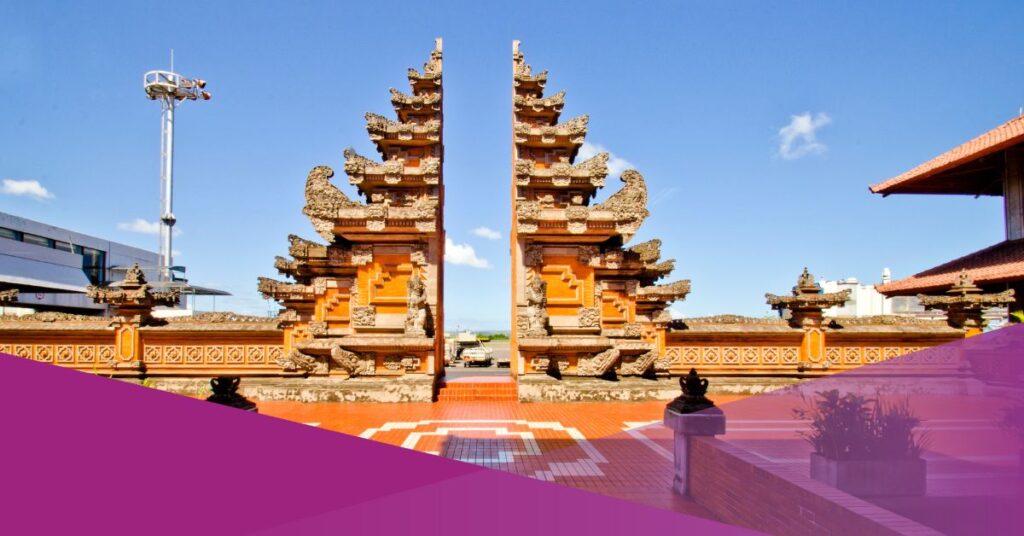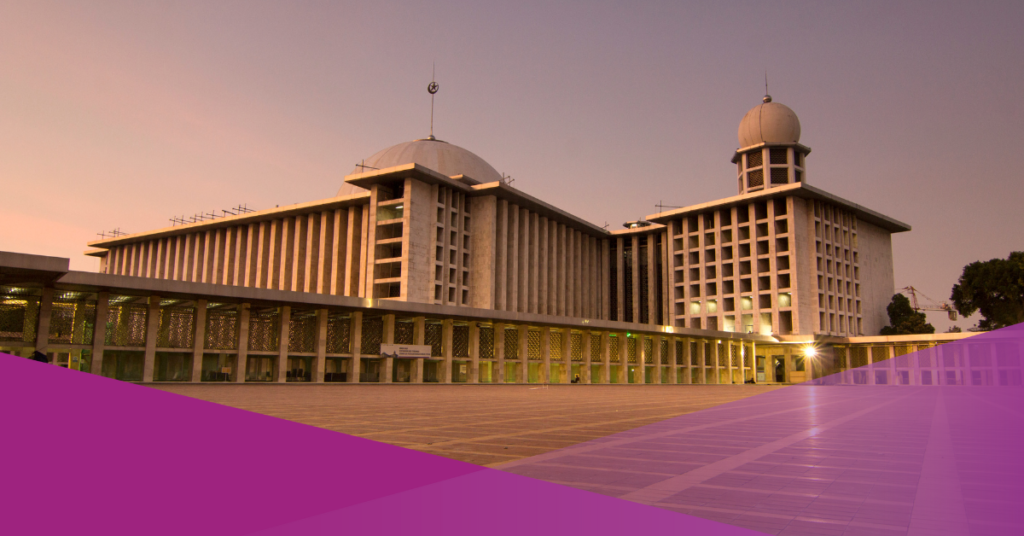The enchanting island of Bali, long celebrated for its stunning landscapes and luxurious resorts, is facing a pressing concern that demands immediate attention: the safety of its tourists and those who work within the thriving tourism industry. The Bali Provincial Government has warned all tourism stakeholders, urging them to prioritise safety over scenic views and adhere to strict building guidelines, particularly when constructing clifftop villas and resorts.
Bali’s unparalleled natural beauty, with its picturesque cliffs and breathtaking ocean vistas, has made it a prime destination for travellers seeking a paradise escape. However, the region’s geological characteristics, including its susceptibility to earthquakes and erosion, pose significant threats to the infrastructure and the safety of visitors and workers.
The provincial government’s call for caution comes after two tragic incidents that have cast a dark shadow over Bali’s typically sunny hospitality sector. In Ubud, a resort elevator plummeted to the ground, resulting in the tragic deaths of five workers. Meanwhile, in Karangasem, erosion led to a fatal incident in which three workers died.
Authorities have cited these events as stark reminders of the importance of adhering to safety measures and regulations. Bali is situated on the Pacific Ring of Fire, a region known for its seismic activity, making it susceptible to earthquakes and volcanic eruptions. Additionally, coastal areas of the island are vulnerable to erosion due to the pounding waves of the Indian Ocean.

The Bali Provincial Government emphasises that building on cliff tops merely to capture the most exquisite views of the island is an inherently risky endeavour. Clifftop developments are particularly vulnerable to erosion and ground instability, and they often require extensive engineering to ensure structural integrity and safety.
The provincial government is taking several steps to enforce safety measures in response to the warnings. This includes increased scrutiny during the permitting process for new construction projects, stricter adherence to building codes, and greater oversight of ongoing developments.
Tourism stakeholders, including hoteliers, resort owners, and property developers, have been urged to collaborate closely with local authorities and engage with geology and engineering experts to ensure their projects’ safety. Additionally, they are advised to conduct thorough geological surveys and erosion assessments before embarking on any construction in vulnerable areas.
As Bali continues to attract tourists from around the world, the message from the provincial government is clear: safety must take precedence over everything else. By heeding this warning and prioritising the well-being of visitors and workers, Bali can continue to be a haven of natural beauty without compromising safety standards.
Interested in this topic? Check out our other articles from Social Expat:






























